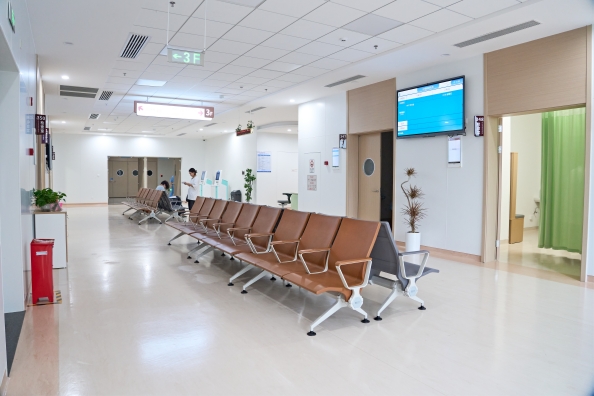In a healthcare environment, efficiency, safety, and hygiene are paramount. As a core tool for medical staff's daily work, a medical cart's design, functionality, and materials directly impact diagnostic and treatment efficiency, infection control, and patient safety. So, how can a truly suitable medical cart optimize medical processes? How can one choose the cart that best suits a hospital's needs?
First. The role of medical carts in the medical process.
(1) Rapid material transfer
During emergency rescue, daily ward rounds or surgical preparation, medical carts can efficiently transport medicines, equipment, and consumables, saving medical staff time.
(2) Reduce the risk of cross infection
High-quality stainless steel medical carts or antibacterial coated carts are easy to clean and disinfect, which helps control the risk of hospital infection.
(3) Improve work efficiency
A well-arranged medical cart allows medical staff to have the items they need at hand, reducing the number of times they go back and forth to get items, and optimizing the nursing process.
(4) Improve patient experience
Orderly cart management makes the treatment process smoother, reduces waiting time, and allows patients to feel the hospital's professionalism and efficiency.

Second. Key points for purchasing medical carts.
(1) Material selection
Stainless steel medical carts: corrosion-resistant and easy to disinfect, suitable for departments with extremely high hygiene requirements such as operating rooms and emergency departments.
ABS plastic cart: lightweight, anti-collision, customizable color, suitable for daily inspections of nursing stations and wards.
(2) Functional layout
Multi-layer shelf design for convenient classified storage.
Lockable drawers to ensure the safety of medicines and equipment.
Cart edge protection strips to prevent items from slipping.
(3) Mobility
High-quality silent casters and 360° rotation design allow for flexible movement in corridors and narrow spaces, and brake function to ensure safety.
(4) Customization requirements
Accessories such as infusion stands, waste bins, and ECG monitor trays can be added according to department needs to make hospital carts more suitable for actual work processes.
Conclusion: Investing in the Right Medical Cart = Improving Healthcare Quality.
A well-designed medical cart not only speeds up care response times but also reduces errors and optimizes infection control. Whether it's a basic care cart or a high-end smart medication cart, the choice should be based on department needs, budget, and future scalability.